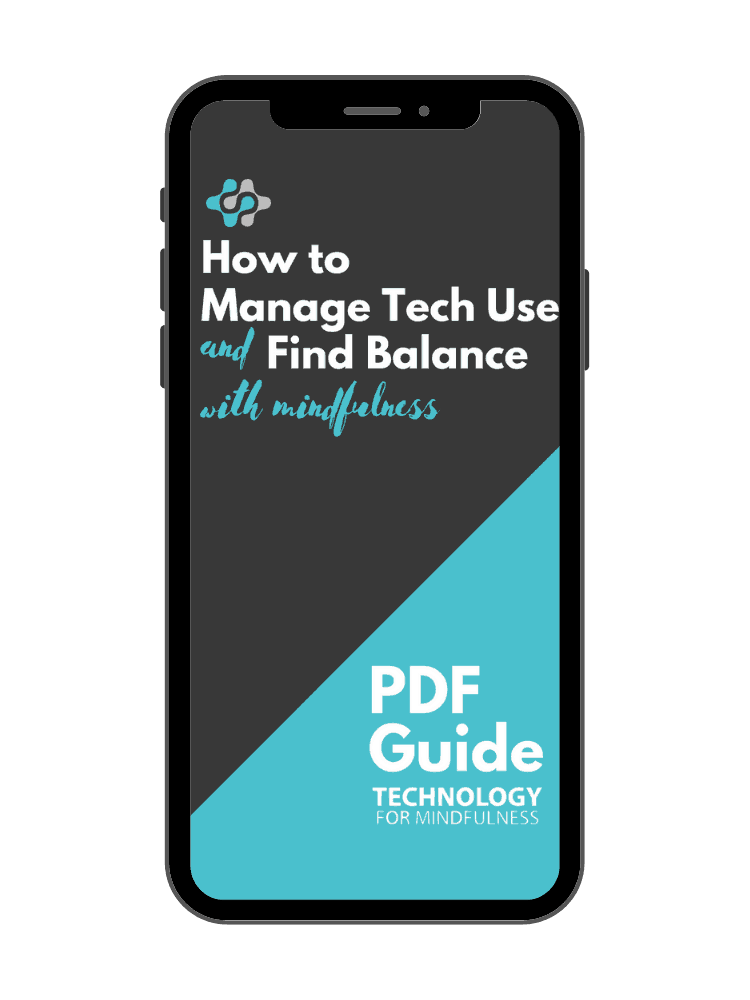This blog post was inspired by an article published by The Guardian on April 9.
While the write-up isn’t strictly focused on technology, that topic is still explored and the content is worth addressing.
Over-Reliance on Social Media
The piece quotes someone named Joe, who is self-employed and lives in the East Midlands in the UK:
“Social media has poisoned young people. The whole text generation has taken a lot of character out of young peoples communication and left a lot of them strangers to themselves. The influence of social media has poisoned the generations that have only ever known that life too.”
Let’s tackle Joe’s quote in two parts:
- Since it is text-based, I can see how much of our online communication is either very shallow or lacking in the nuance and emotion that can be conveyed face to face or over the telephone. There’s a definite over-reliance on communication in textual form at the moment.
- Joe mentions that this has left many people feeling like strangers to themselves. I’ve certainly seen the extent to which online communication can make people focus on their superficial characteristics and those of others — their appearance, accomplishments, or other things that might make them look good. Focusing on those surface-level features, particularly when some of them may be exaggerated or fabricated, is not conducive to helping people get to know their true selves.
On the flip side, the non-exciting parts wouldn’t be well received on social media.
Interestingly enough, Joe doesn’t say that the text generation has portrayed itself to other people in false ways. He’s suggesting that his peers don’t know themselves as a result of this over-reliance on online communication and social media.
No Room for Error
Here’s another quote from Theo, a student from Kent: “Every single stupid decision is forever saved online.”
Youth has traditionally been seen as a time when people get to experiment with different types of behavior. They often embarrass themselves, learn from it, and change before fully developing their character or place in the world.
Prior to social media (even in the last 15-20 years), most people’s youthful mistakes didn’t follow them for the rest of their lives. That enabled them to learn from their missteps without being haunted by them forever. This is no longer the case, which marks a revolutionary change that may not be positive. There should be a space where you’re able to make mistakes when you’re young so you can learn from them and move on.
Granted, there are technologies and services that have been developed in response to this. Snapchat obviously comes to mind. However, that’s the best-known example and represents an exception rather than the rule.
How can we give people the ability to make mistakes that won’t stick around forever?
Take a look at this article about the difficulties that are prevalent among young people today. Unfortunately, it points to technology as one of the many contributing factors.

